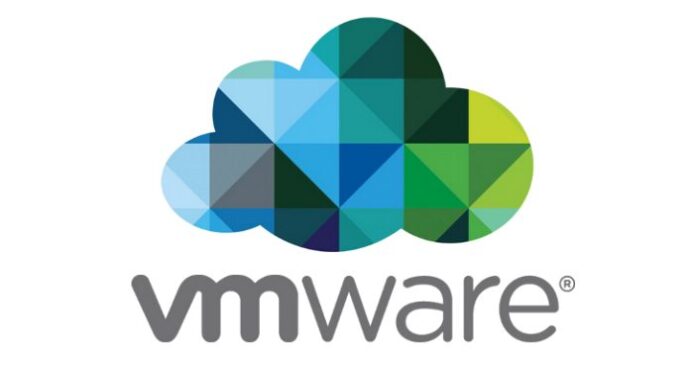VMware announces new hybrid cloud capabilities
VMware announced it is extending its portfolio of cloud services to help deal with complexities and risks anchored to multi-cloud environments.
Hybrid cloud environments consist of using one or more public cloud providers with a private cloud platform. Despite the risks and complexities associated with hybrid cloud environments, enterprises are still turning to the technology for its advantages. VMware projects that nearly two-thirds of the industry will use two or more cloud service providers alongside their on-premises data centers.
“Inconsistent operations is a real challenge to customers using multiple clouds. Having management capabilities that exist in silos for each cloud platform causes high levels of effort and duplication, and complexity that jeopardizes service quality and security,” Milin Desai, general manager of cloud services at VMware, told RCR Wireless News in an email exchange. “As businesses expand their use of cloud computing and utilize multiple cloud providers, they experience even more complexity and risk as a result of with diverse infrastructures, management tools, and processes”.
With the noted challenges in mind, the company expanded its Cost Insight service to provide detailed assessments for migrating workloads to VMware Cloud on AWS. Additionally, the company introduced a Log Intelligence service, which uses machine learning algorithms and real-time log analytics to scan for anomalies in data center and cloud environments.
The company extended its metrics monitoring and analytics product, Wavefront, as well. It supports both public and private cloud infrastructure workloads running on Azure, including VMware Cloud on AWS. The platform also supports Kubernetes in Pivotal Container Service (PKS), Pivotal Cloud Foundry (PCF) and applications running on VMware-based private clouds.
“In our portfolio, we have services like Wavefront and Network Insight that are helping drive visibility across the application environment and across the infrastructure stack,” said Desai. “With NSX, AppDefense, and our recent acquisition of CloudCoreo, we are helping our customers with network security, application security, and very soon cloud configuration and compliance.”
Moreover, the company announced that Hybrid Cloud Extension services for both IBM Cloud and VMware Cloud on AWS are currently available. It added a new service for self-managed private enterprise data centers too. The company said the general availability of Hybrid Cloud Extension for both IBM Cloud and VMware will enable customers to extend their VMware-based environments to the public cloud for on-demand capacity and geographical expansion.
Finally, the company announced its VMware Cloud on AWS is now available in the AWS London region, making the service available to European customers. VMware on AWS hosts the company’s software-defined data center (SDDC) on the AWS cloud, enabling customers to run applications across multi-cloud environments.
“The need to support a complex set of new and existing applications is driving cloud adoption, and the needs of the applications are driving cloud decisions,” said Raghu Raghuram, chief operating officer of products and cloud services at VMware, in a statement. “VMware Cloud gives customers unprecedented flexibility to develop any type of application, deploy these apps to any cloud, and deliver them to any device while leveraging a consistent infrastructure across clouds and a consistent set of operations across any cloud.”

